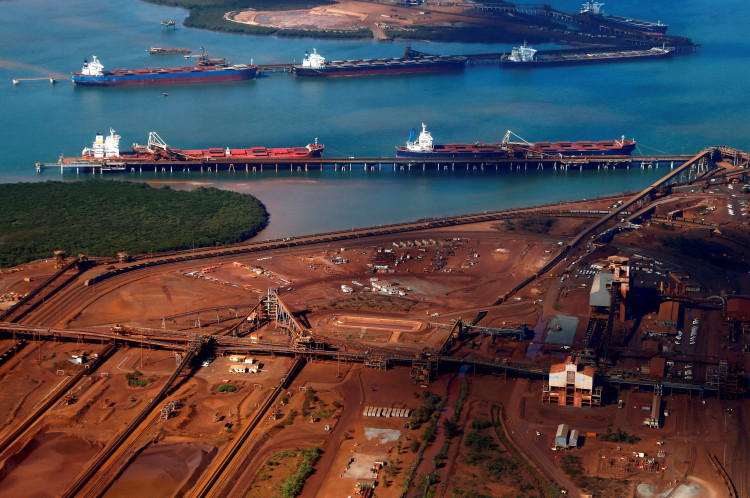Australia needs to be careful not to be perceived as taking sides between the world's two largest economies as the two battles each other out in a tit-for-tat trade war. The country could not afford to displease The United States that has been a friend since World War I during the Battle of Hamel in 1981. On the other hand, China is an important trade partner, feeding its economy generously at present.
To understand how sensitive the situation for Australia is at present, one has to go back to the extensive geopolitical and strategic conflicts that Canberra and China endured through the years before their bilateral and economic relationships thawed in the 1980s. In 1996, China had once again become wary of Australia, thinking that its close relationship with the United States is making its foreign policies unfriendly toward Beijing. It did not help that Australia supported Washington's deployment of naval forces into the Taiwan Straits.
Since Australia's affiliation with the United States is founded on strong military ties, China has often interpreted Canberra's actions as favorable to Washington. For China, it seems that its relationship with Australia is directly linked to the quality and situation of Beijing's relationship to Washington. It would seem that China is always at a close watch over how Australia is conducting its dealings with the United States even if Beijing welcomes the growing economic ties with Canberra.
This is the kind of political equilibrium that Australia has been successfully balancing through the years.
With the escalating US-China trade war at present, Australia has to be extremely careful with its balancing act more than ever.
Australia's exports to China are six times more than what it exports to the United States according to CNN Money. Beijing contributed about a third of Australia's yearly exports. On the other hand, U.S. companies and funds have bigger investments in Canberra than Chinese companies.
Still, China has insatiable demands for Australia's top commodities such as iron ore, copper, milk, and wine. A big chunk of Australia's billions of gains from its tourism industry is brought by Chinese travelers. Beijing is the major consumer of both of Australia's mining giants, the BHP Billiton and Rio Tonto. Analysts believed that Canberra survived more than a quarter of a century without recession because of China according to CNN.
Indeed, the country's central bank warned that China's economic falter will also be Australia's biggest financial downfall.
Meanwhile, some analysts deduced that the US-China trade war can actually benefit Australia, but, then again this possibility is heavily reliant on Beijing. Canberra can be in an advantageous position if Chinese importers of U.S. produce, like fruit and natural gas, will switch to Australia as suppliers.
Last week, Australian Trade Minister Steven Ciobo said President Donald Trump's increasing trade protectionism had made other nations more willing to close deals with Australia.
Reuters reported that Australia has closed trade deals with Peru and with the 11-nation Trans-Pacific Partnership this year. Ciobo is also optimistic that it will close deals with the Pacific Alliance, a Latin American trade bloc, and with the China-led Regional Comprehensive Economic Partnership. The country is now waiting for a deal with Hong Kong and Indonesia which can be worth roughly $12 billion each.






